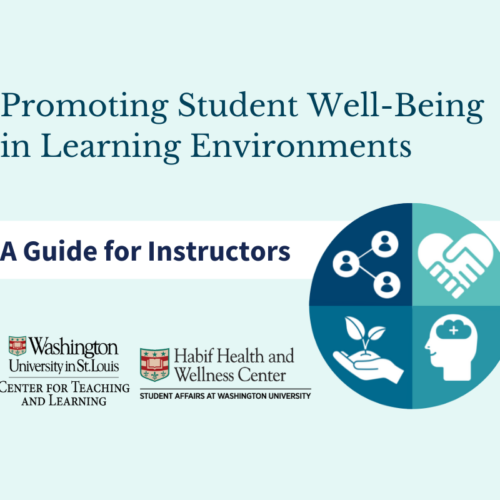Cognitive Science Tips for Student Memorization
Teaching professionals sometimes worry that emphasizing rote memorization detracts from deeper thinking in learning, but memorization is an important part of increasing knowledge and expertise, writes Michelle Miller, professor in the Department of Psychological Sciences at Northern Arizona University, in a recent Faculty Focus story. In the article, Miller gives tips based on cognitive science research that faculty can use to help students manage memorization. The tips include encouraging students to emphasize context and purpose, or why they’re memorizing the information; breaking down vocabulary words; visualizing information, or linking sounds to images; taking advantage of the “Big Three” applied memory principles, or testing, spacing, and interleaving; and avoiding the rereading trap by integrating retrieval practice.
“It’s okay to expect students to learn the facts and terms needed to become experts in a discipline. With an understanding of memory and some strategies to share, we can make this side of learning productive and maybe even painless—but certainly at least less painful,” Miller writes in the story.






